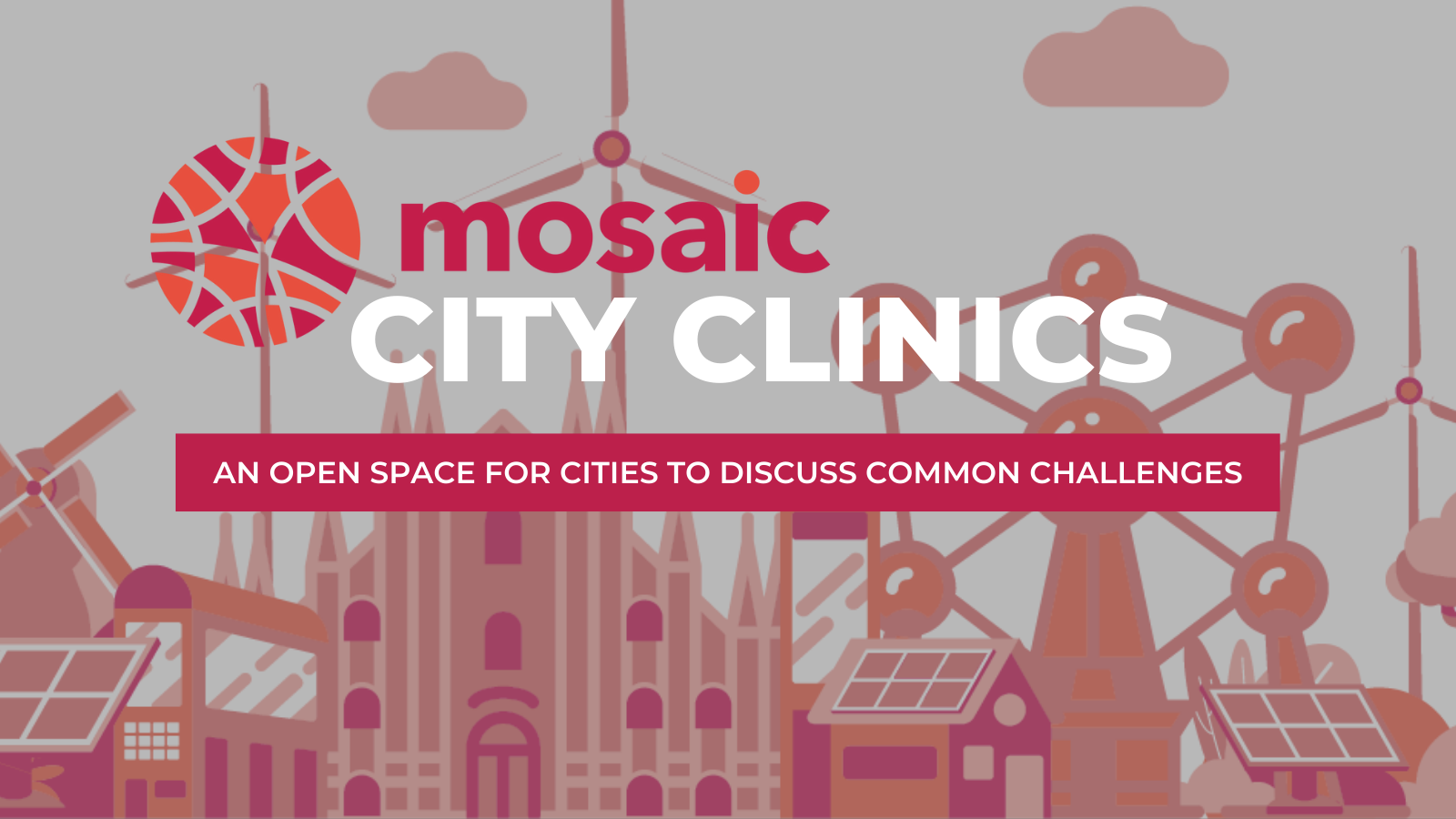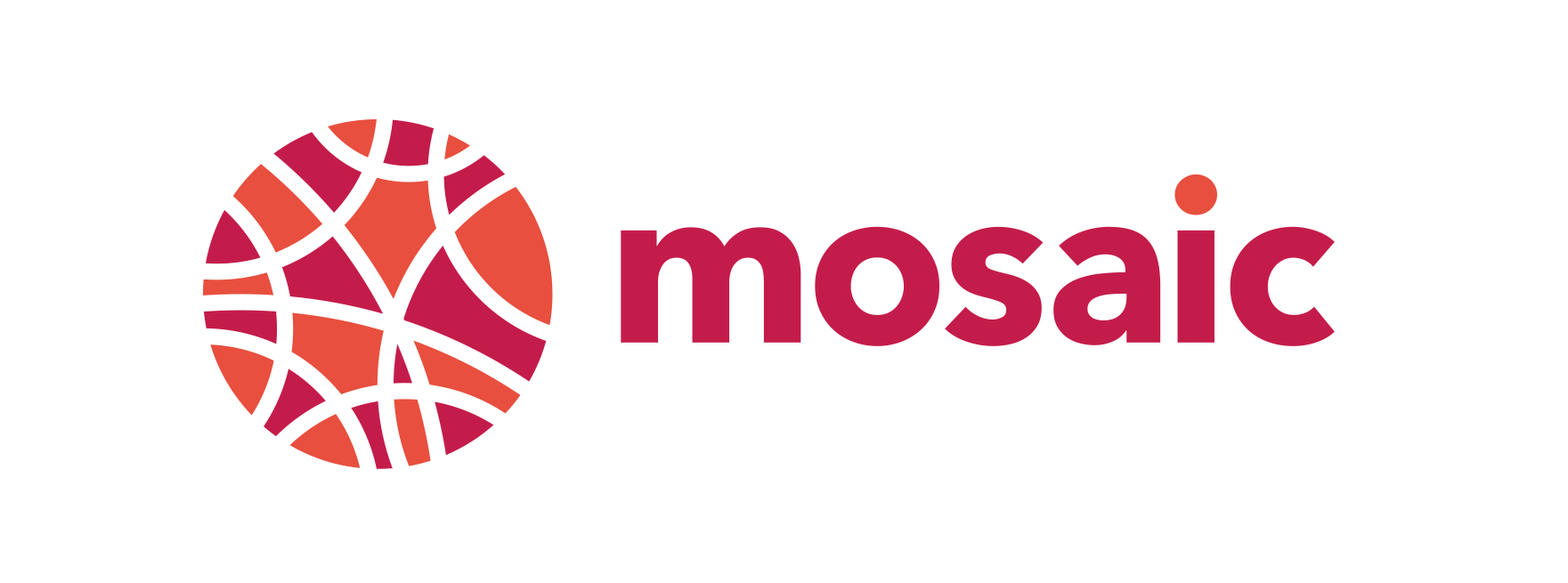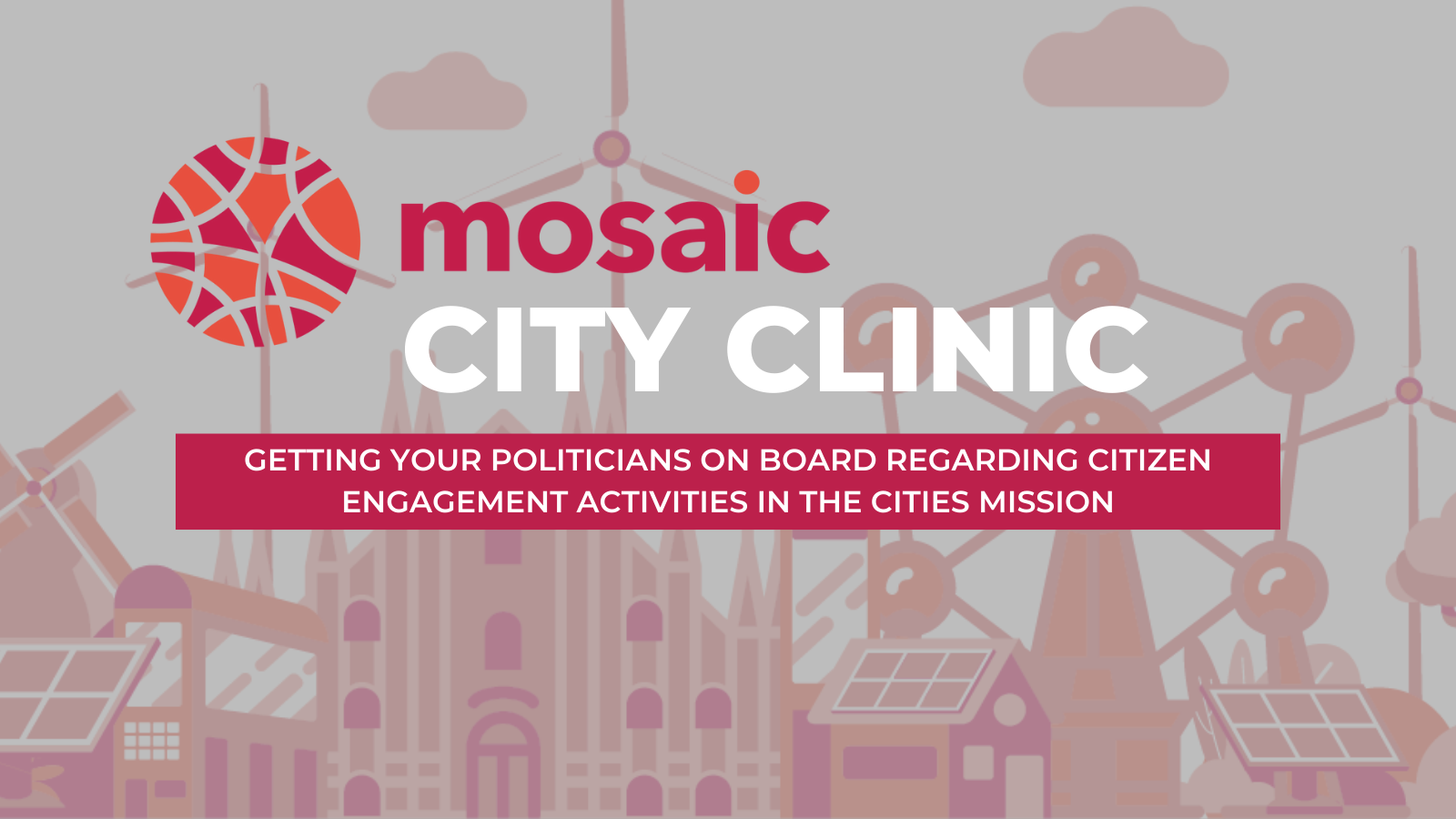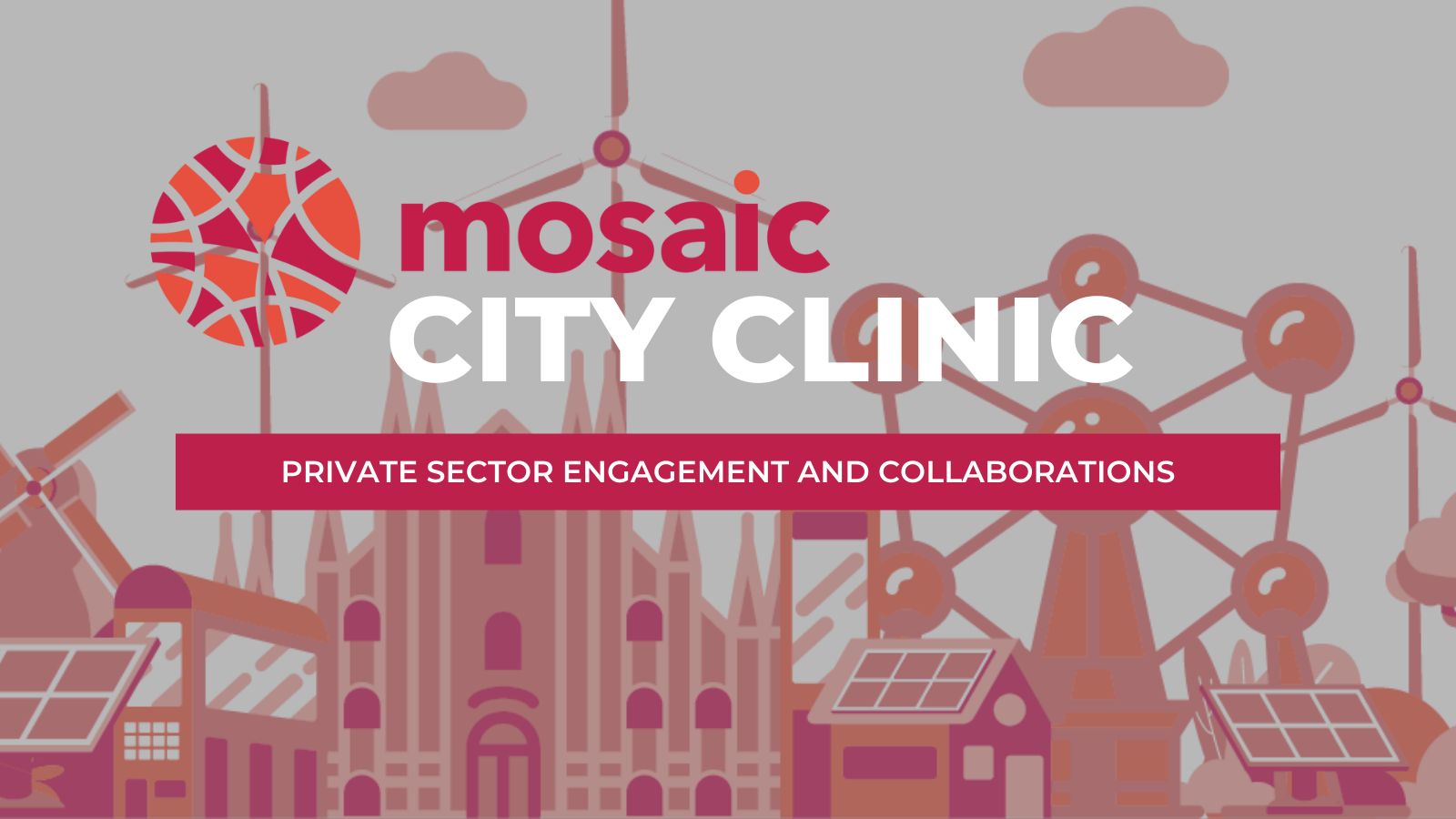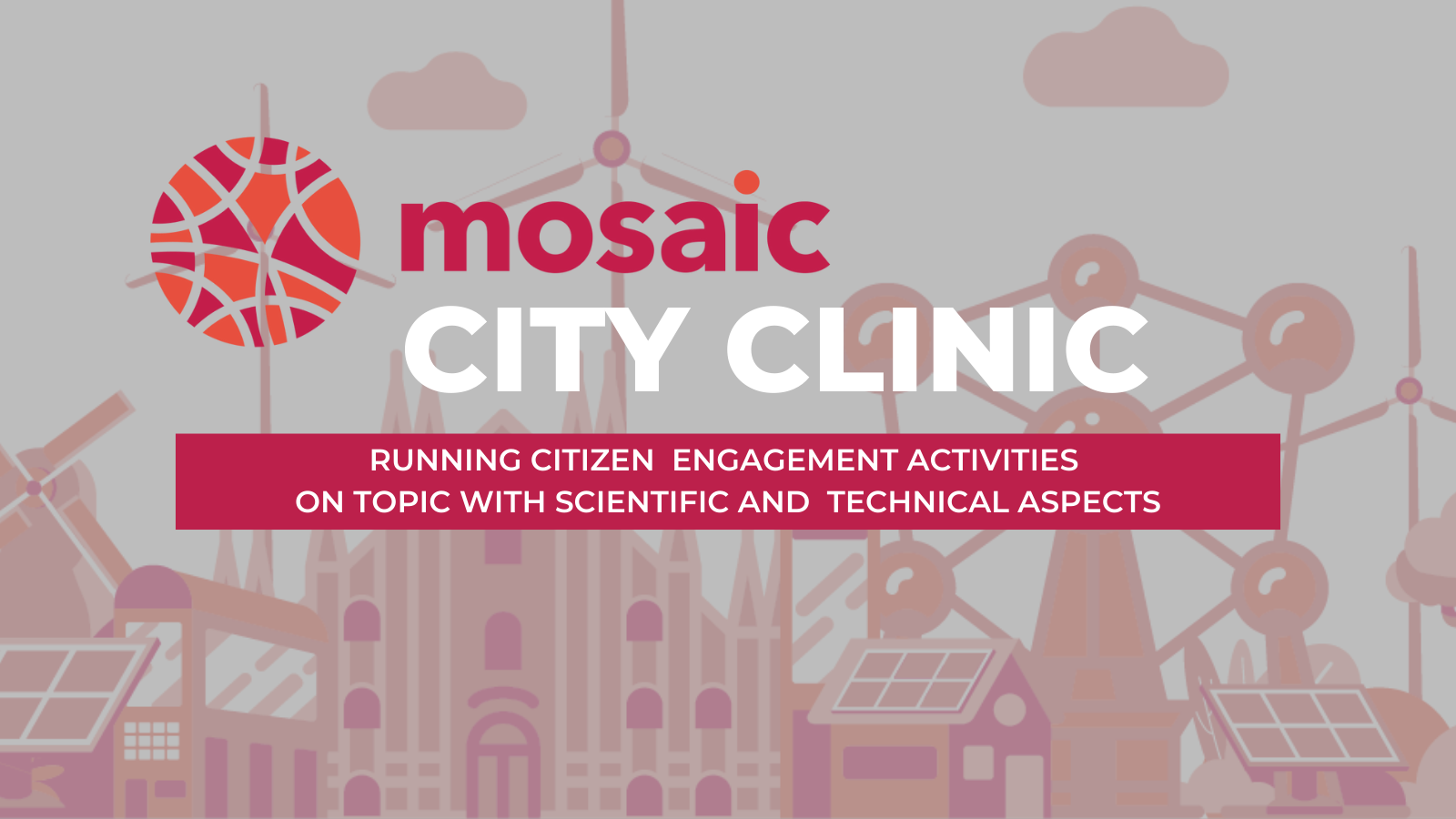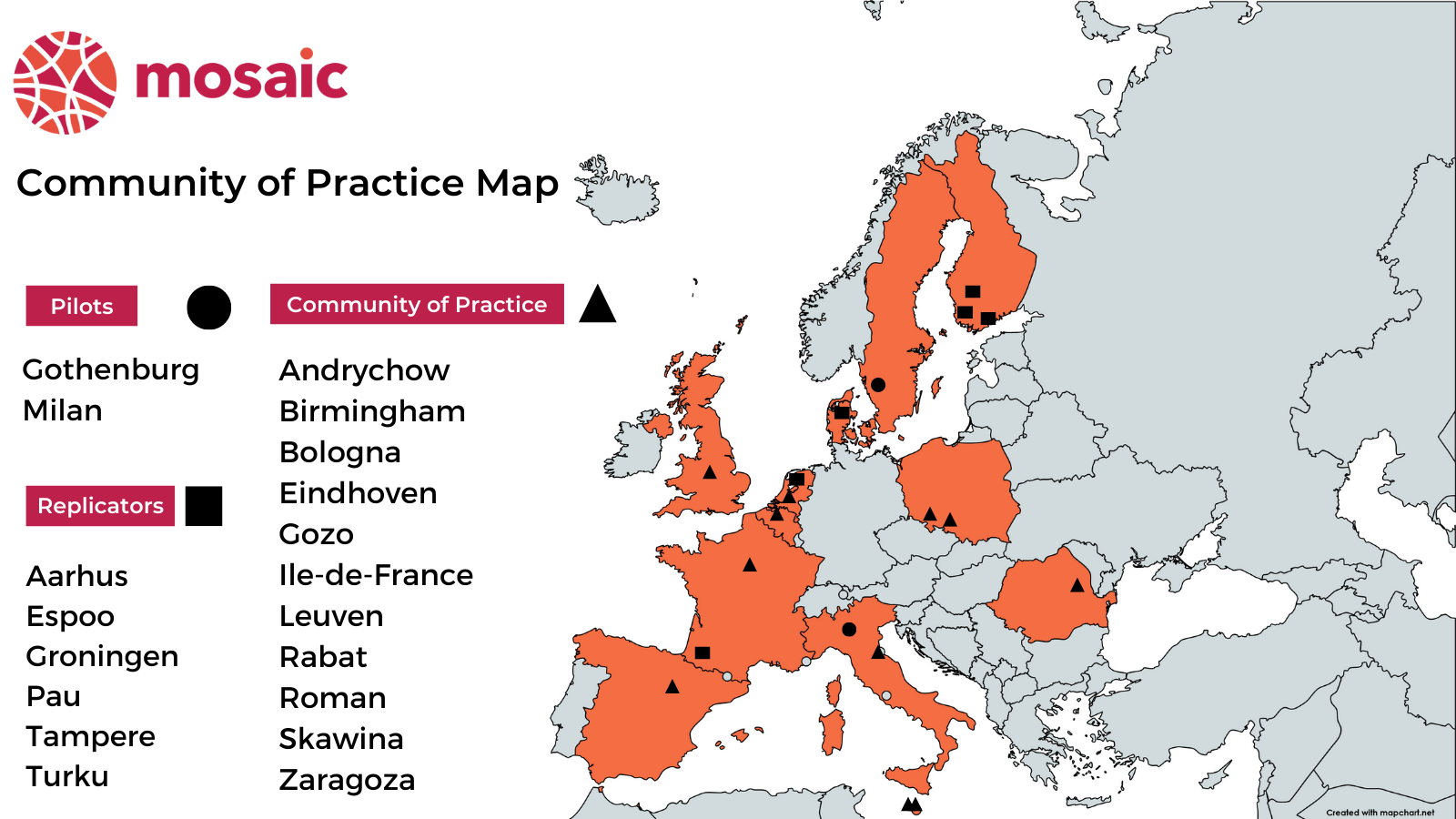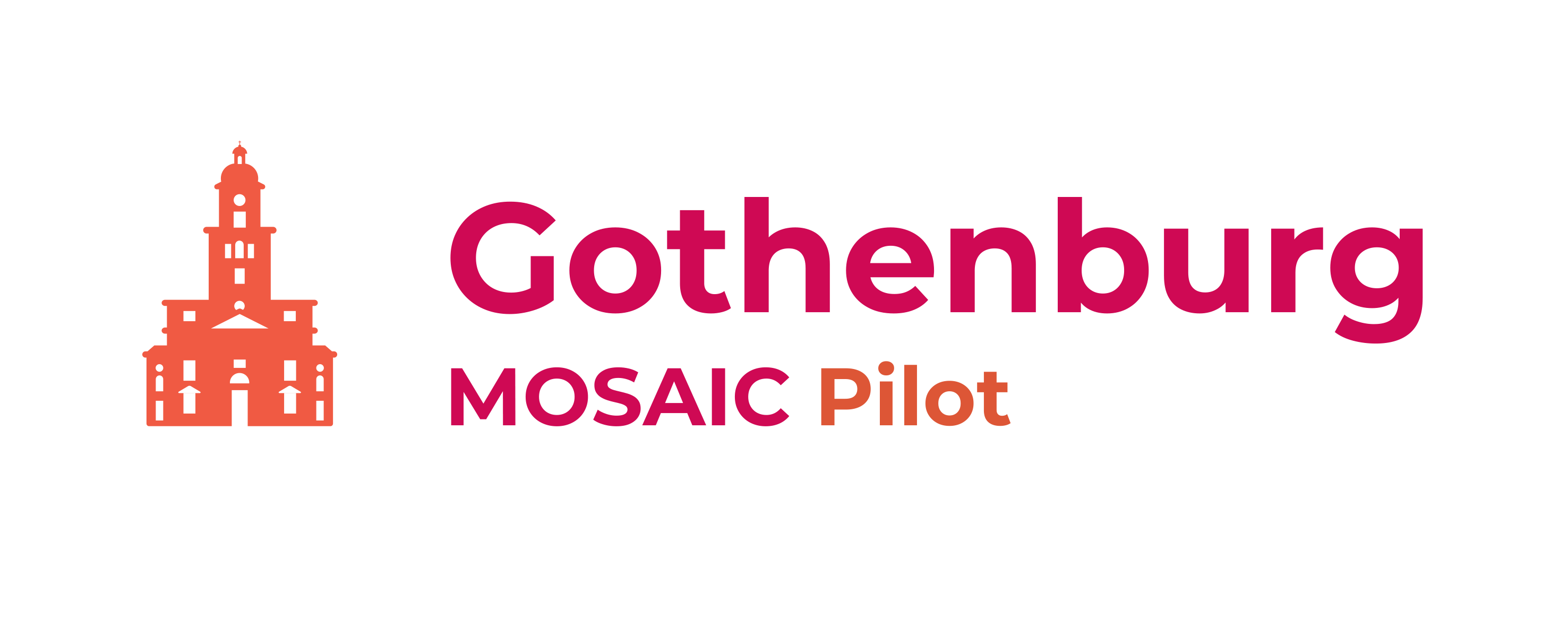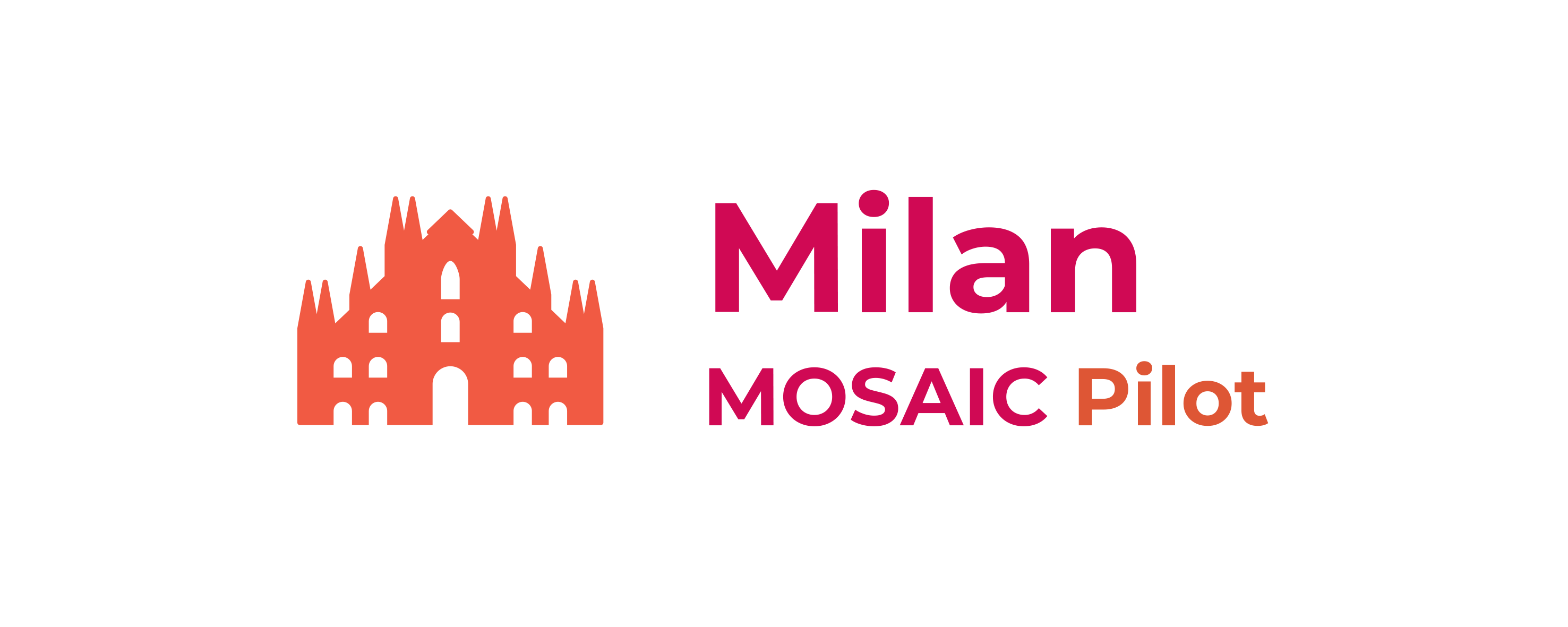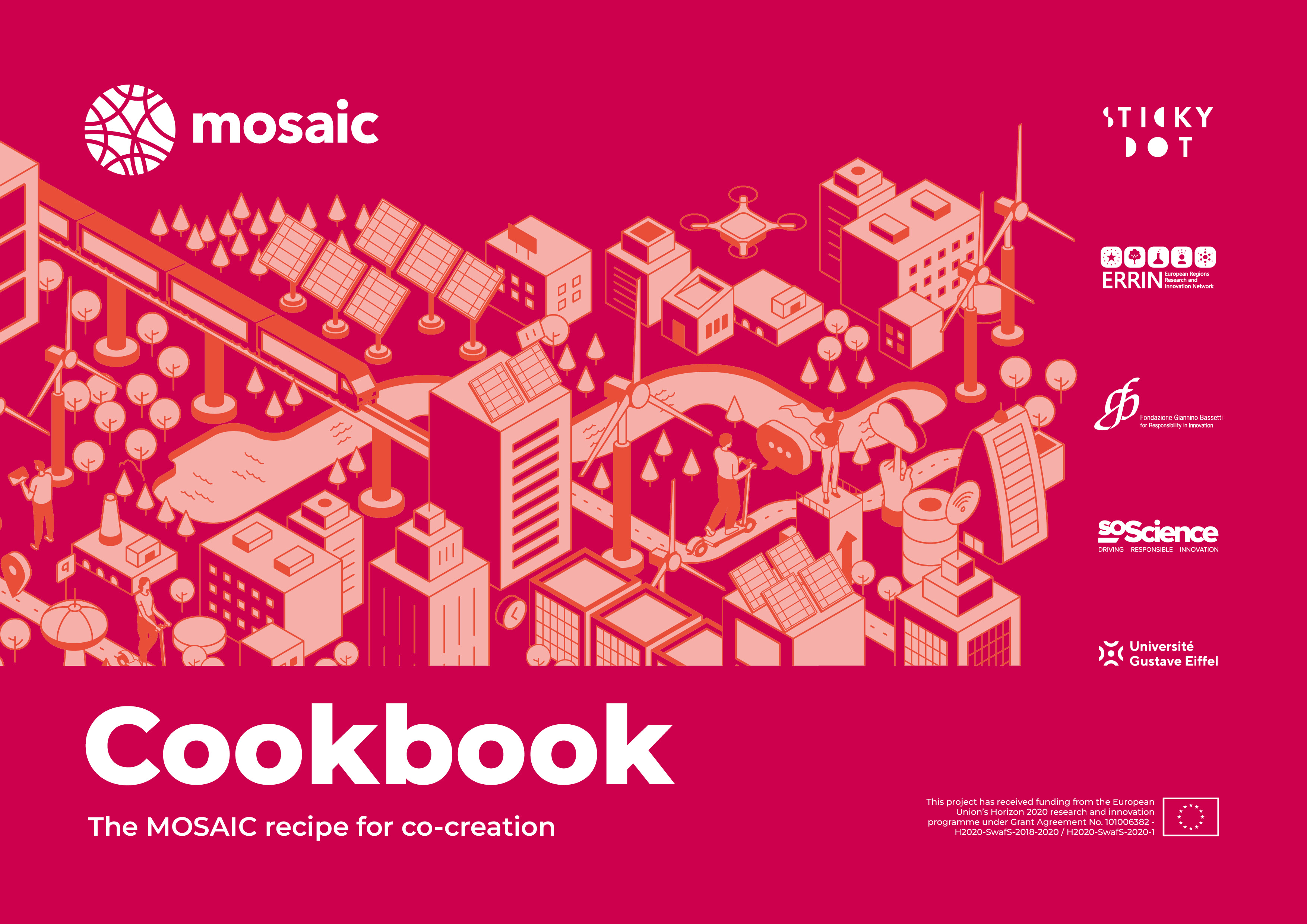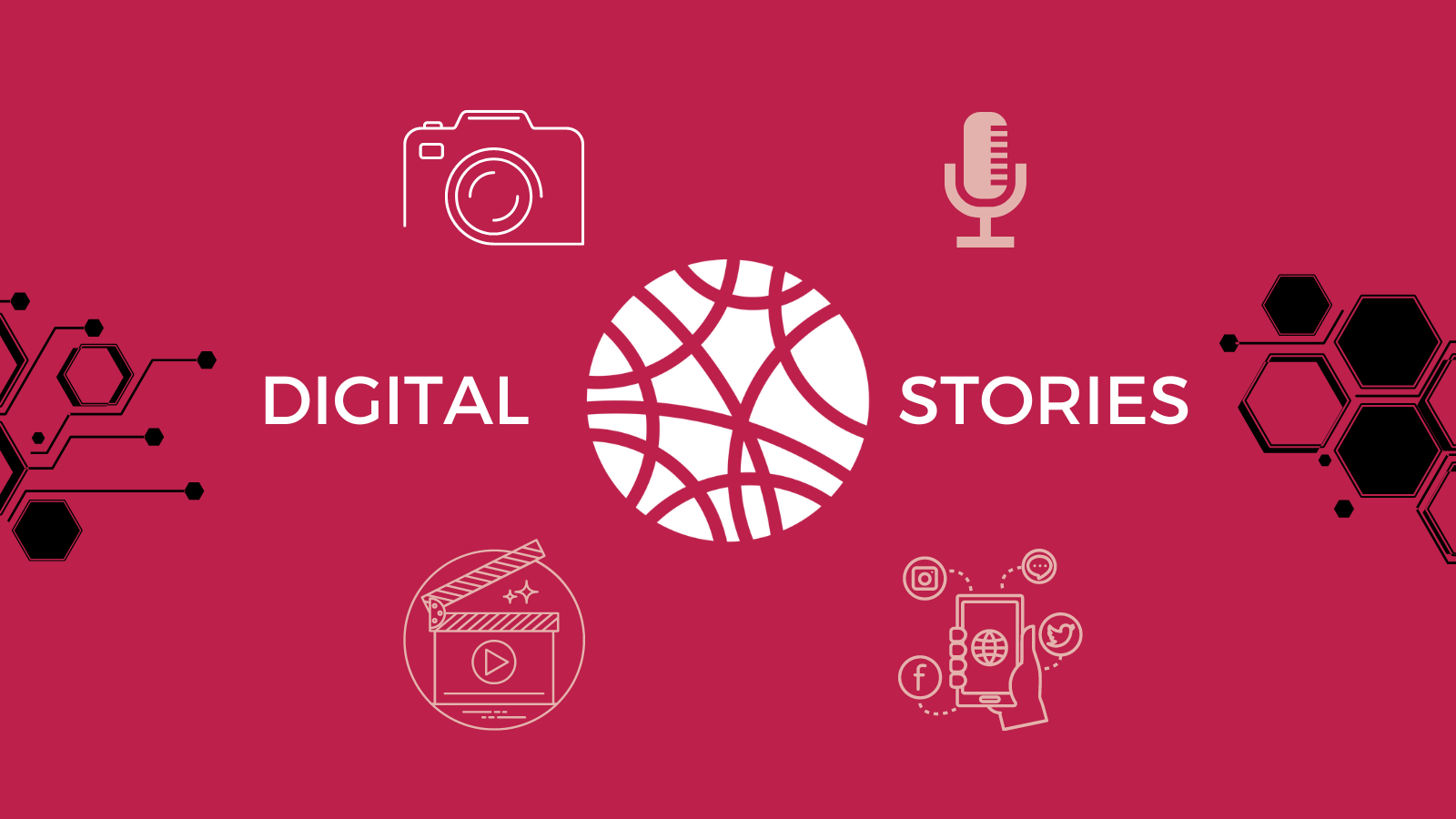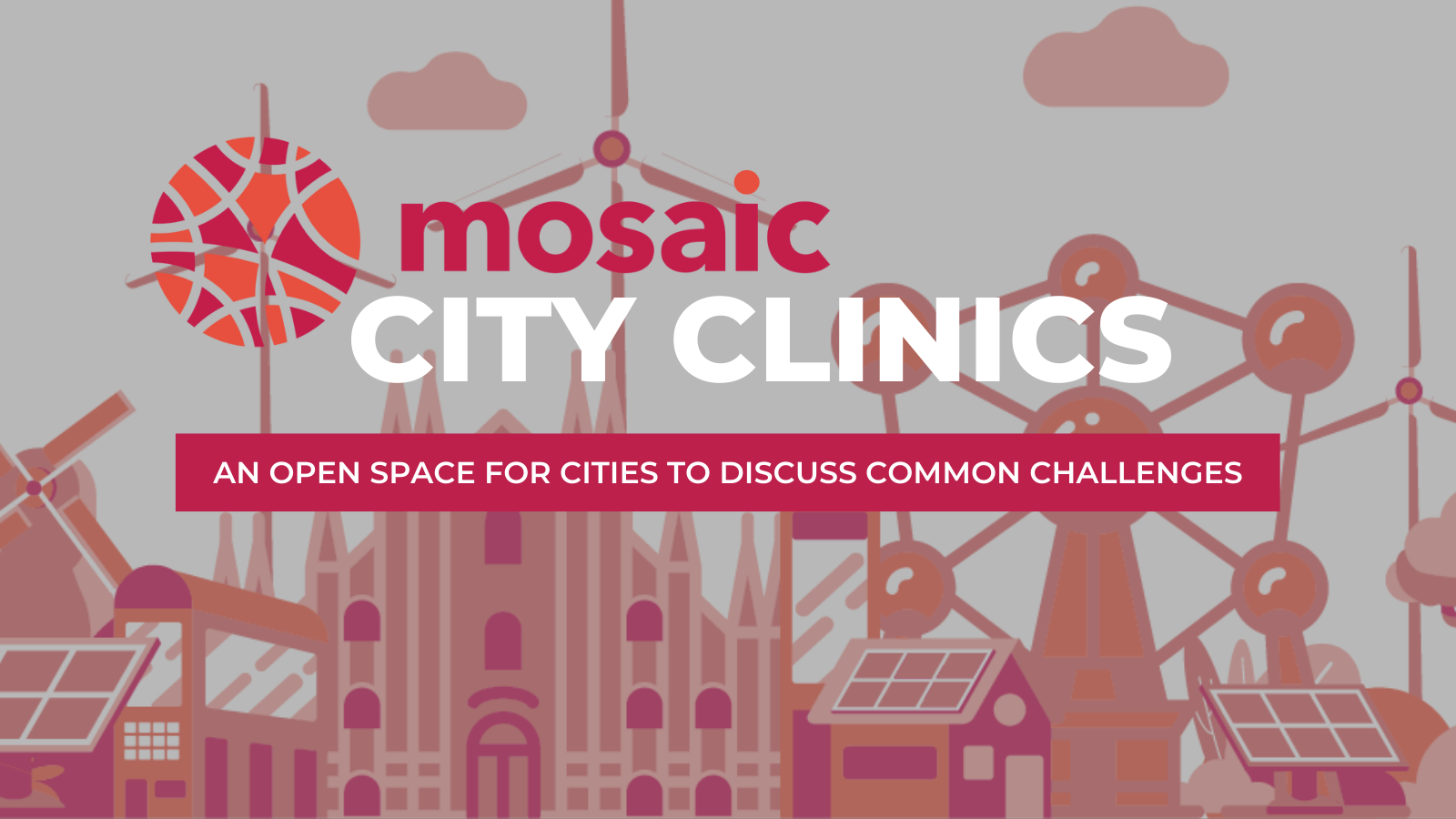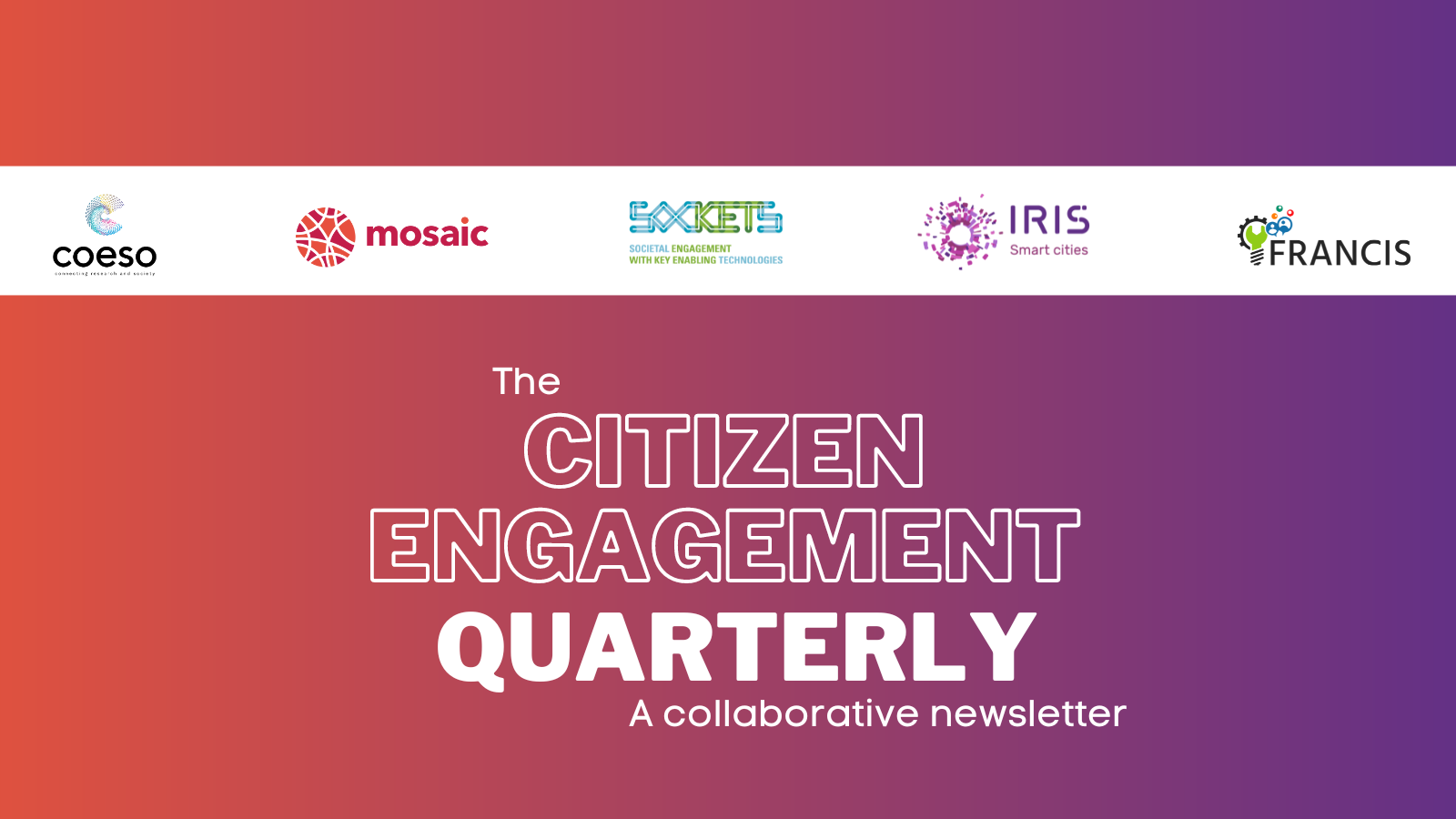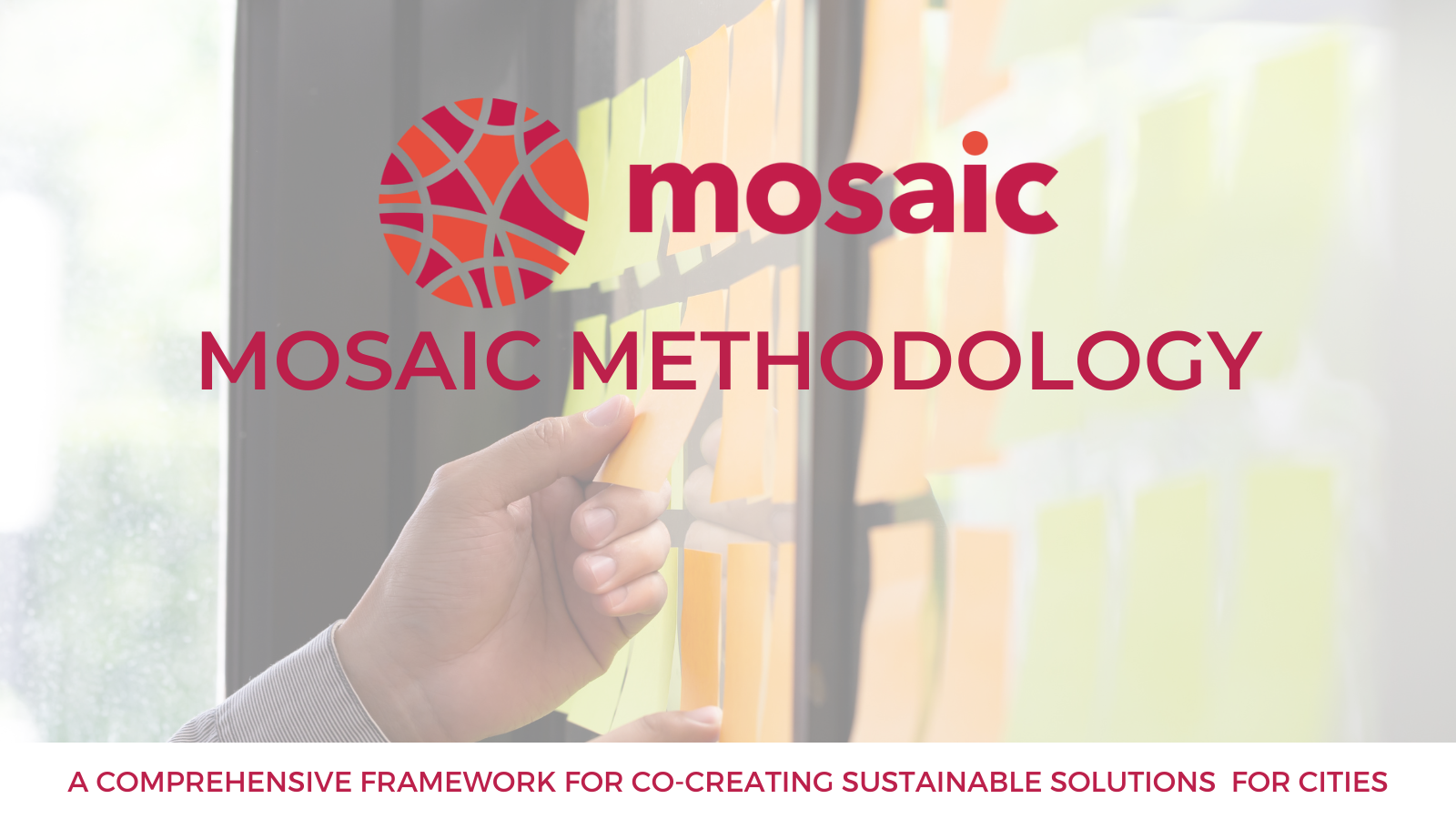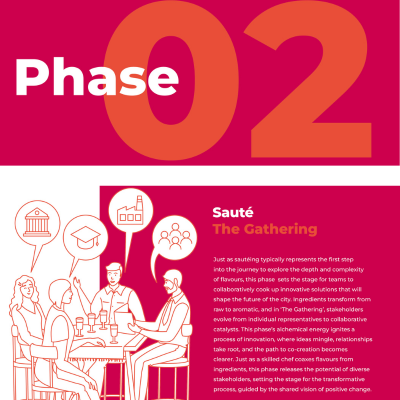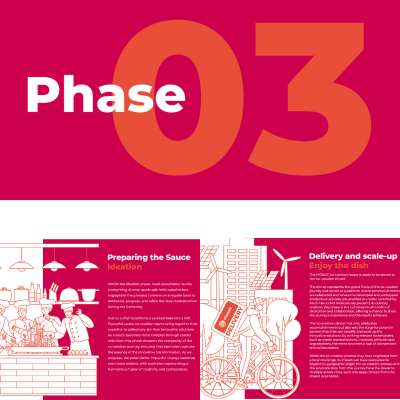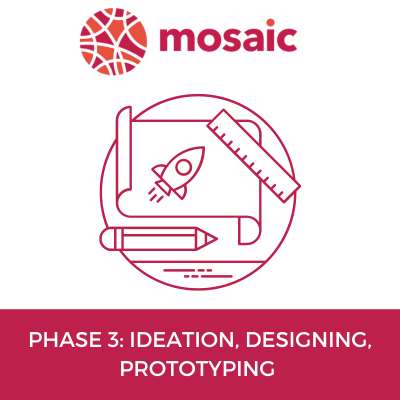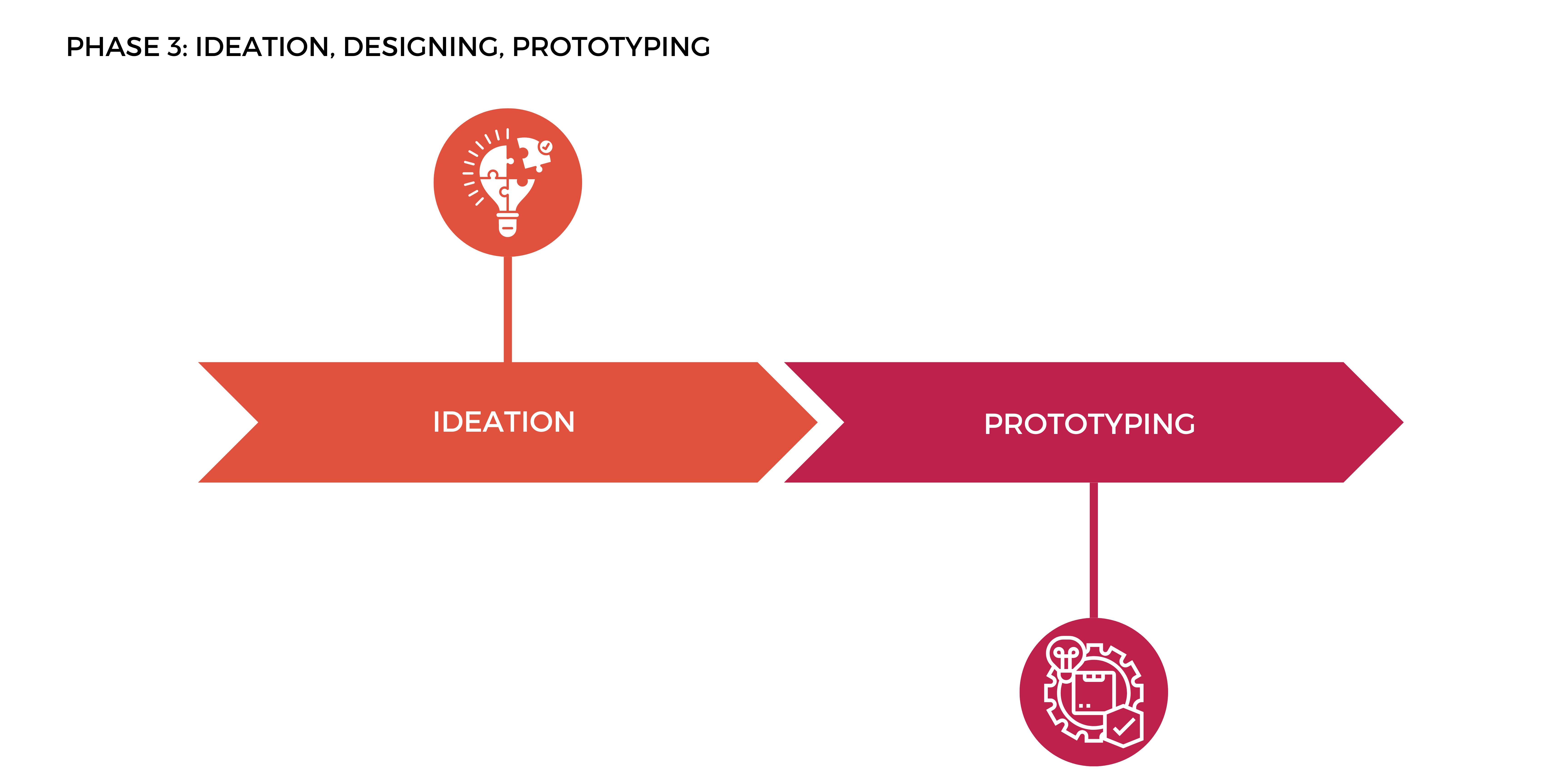MOSAIC City Clinics
The MOSAIC Clinics
MOSAIC designed the 'MOSAIC Clinics' format to engage the MOSAIC Community of Practice representatives in collaborative problem-solving, focusing specifically on citizen and stakeholder engagement challenges encountered by cities.
At the heart of MOSAIC Clinics lies the recognition that collective intelligence and diverse perspectives are keys in addressing global challenges, as the ones posed by climate-related issues, in local contexts.
By creating a safe space for informal peer learning, the clinics proved to facilitate an exchange of experiences to collaboratively explore, understand and propose solutions to the complex challenges associated with citizen and stakeholder engagement in the context of climate change.
Have a look below at the outputs of the MOSAIC Clinics.
